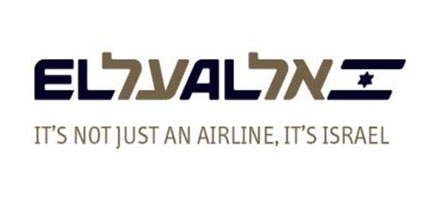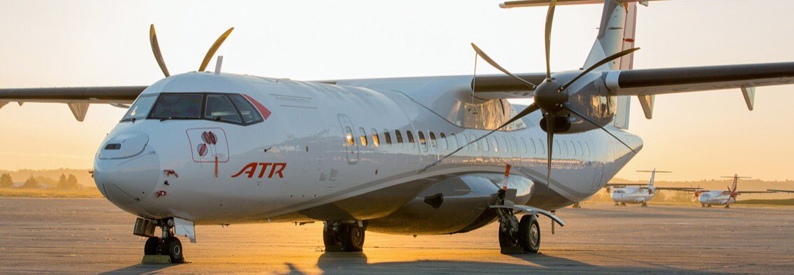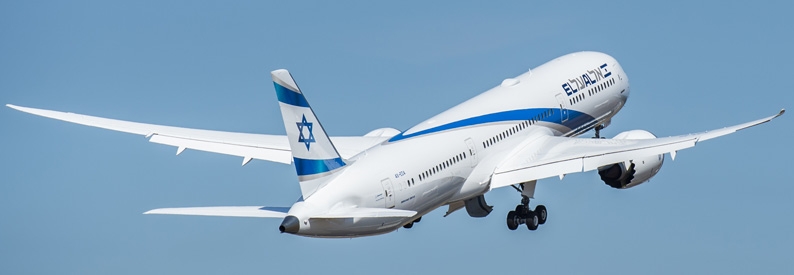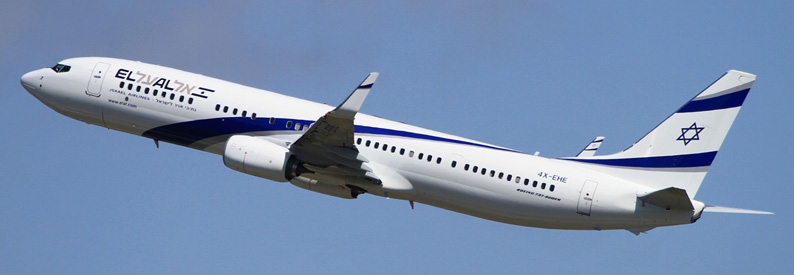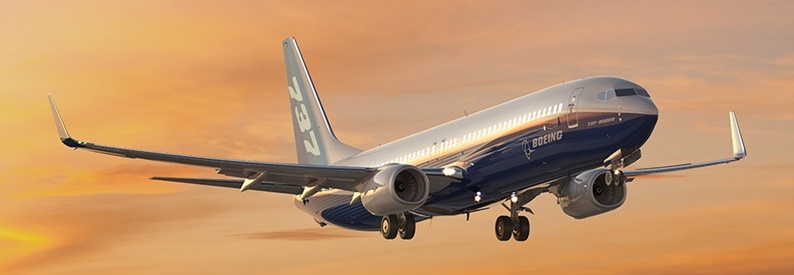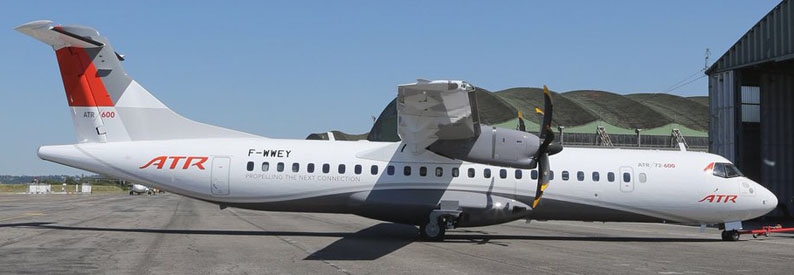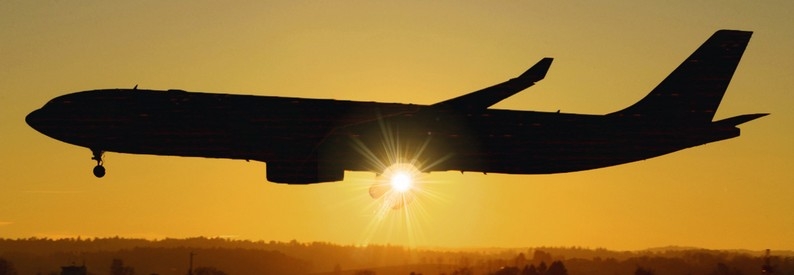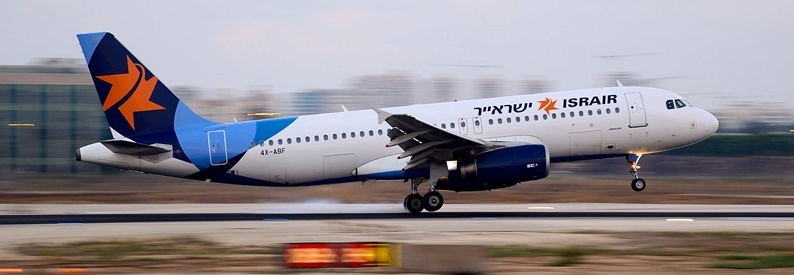El Al Israel Airlines (LY, Tel Aviv Ben Gurion) chief executive Avigal Soreq has reiterated in the company’s latest financial report, filed with the Tel Aviv Stock Exchange on August 18, that the privately owned flag carrier will need more state aid. The carrier has agreed debt deferrals with “thousands of suppliers”, he said, while Deloitte, the accounts’ auditor, again warned of a significant doubt about El Al’s status as a going concern.
The airline posted a net loss of USD80 million for the second quarter of 2021, down slightly from the USD104 million loss in the same period last year. Revenue for the quarter stood at USD222 million, up from USD151 million in the second quarter of 2020.
“The spread of the Delta variant obliges us to adapt our expenses to the scope of our business. In addition, we need a further aid package from the state, in light of the new restrictions on our activities, just as El Al’s competitors are receiving subsidies from their governments, giving them an unfair competitive advantage,” Soreq said.
The report recounted that “the trend of recovery was halted during July 2021 when the spread of the Delta strain of the coronavirus began, which gradually led to the return of restrictions on aviation and a decline in demand reflected in a decrease in ticket sales for the rest of the year.”
Looking ahead, it added: “Regarding the scope of a return to activity in 2022, as of the date of publication the company is working to adjust the working assumptions in connection with its business plans in order to estimate the extent of the impact of the Delta strain’s spread on the company’s activities.”
Deloitte said in its own commentary that “despite the completion of the receipt of financing from the state, since the company’s ability to meet all financial obligations depends on the existence of events beyond the company’s control, as of the date of approval of the financial statements there are significant doubts regarding the company’s continued existence as a going concern.”
As of the end of the quarter, El Al had a market capitalisation of ILS563 million shekels (USD173 million), which is 40% less than the sum Kenny Rosenberg bought his 40% stake for in September 2020, implying a loss of ILS200 million (USD61.5 million).
Earlier this month, in a letter to Prime Minister Naftali Bennett, El Al, Israir, and Arkia Israeli Airlines asked for further state aid for Israeli airlines because of Israel’s tough travel regulations. El Al has already received USD210 million from the government in the form of an advance for flights for security personnel over the next 20 years.
In an interview with the Hebrew-language financial daily Globes, Sorek described the company's situation as an “endless fight against the tide” due to the government’s rules for incoming travellers.
“We are implementing the mainstays of an efficiency program. We have parted ways with 1,900 employees, made adjustments that reflect savings of tens of millions of dollars. These are difficult but inevitable steps to build a lean and strong company,” he said.
El Al currently employs about 4,240 permanent and temporary staff, 1,400 of them on unpaid leave. More redundancies may follow due to poor forecasts for the third and fourth quarters.
“After receiving the [USD210 million] from the Treasury, we entered into an arrangement with thousands of suppliers. We will pay our debts to the last cent. We have spread each debt to six to eight payments and increased the credit terms,” Sorek said, adding that all debts to passengers for cancelled flights have been paid.
Asked whether El Al would reduce the size of its fleet, which the ch-aviation fleets module shows as numbering 46 aircraft, Sorek replied: “We are thinking about what the world will look like in the next two years, and from that we will derive the activity and size of the required fleet. The tightening of the aviation policy and the fact that there are no vaccinated tourists here doesn’t help to build confidence among our customers.”
